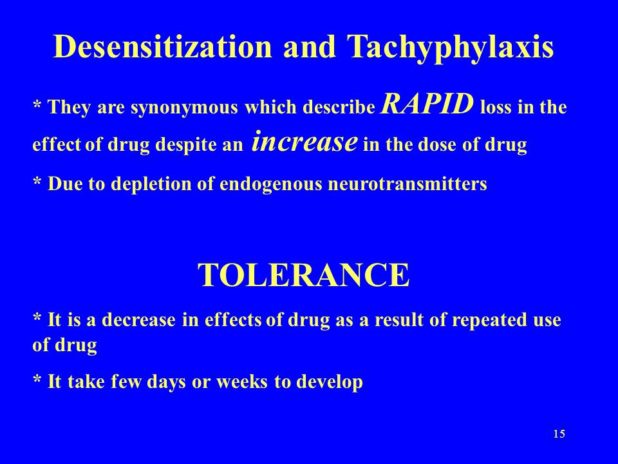Pomidor Quixote
Daily Stormer
January 13, 2020
This is one of the weakest defenses of pornography I’ve ever seen. But then again, pornography may be something impossible to convincingly defend.
Researchers from Boston University claim that calling pornography a “public health crisis” is against the uh… values of public health promotion.
“The movement to declare pornography a public health crisis is rooted in an ideology that is antithetical to many core values of public health promotion and is a political stunt, not reflective of best available evidence,” the study, authored by Dr. Kimberly M. Nelson and Dr. Emily F. Rothman, reads.
Despite the fact that quite a few U.S. states (17) have already introduced non-binding resolutions stating that pornography is indeed a public health crisis, the study’s authors assert that porn just doesn’t meet the public health field’s criteria for a public health crisis. Researchers cited the following reasons for their conclusion: porn use has increased incrementally over time, and has never seen a sudden surge or reached a “tipping point.” Furthermore, it does not “directly or imminently” cause death, disease, property destruction, and population displacement. Porn also does not put a strain on local or national health systems.
Oh, so their whole defense of porn is based on semantics, not on trying to prove that pornography has any kind of positive effect or that at least it doesn’t have negative effects.
Their argument is literally “ackchyually, public health crisis means something else.”
They even call the movement to declare porn a public health crisis “antithetical” to the values of public health promotion.
Yes, pornography is one of Our Values as a nation of ideas. It is Who We Are and it is also The Right Thing To Do.
On the contrary, the research team say that porn largely has varying effects on its users. Some will be negatively influenced by it, but the vast majority will see no real negative consequences from consuming porn. Surprisingly, they even say that some regular users even benefit from their habit; for example it’s much safer to masturbate at home than go out and get involved with a prostitute or spend tons of money at a strip club.
Many anti-porn groups ague that porn should be done away with completely, but that’s just not a realistic expectation. Instead, the study’s authors believe more attainable goals should be set, such as encouraging consumption of less extreme pornography, or viewing the content less often in general.
Yes, goy. It is much safer to stay at home and masturbate to a screen than to go out into the real world and risk your life interacting with people.
Saying that getting people to stop watching porn is impossible and that the “more attainable” goal of encouraging the consumption of less extreme forms of porn should be set is insulting, because the mechanism that takes people from soft forms of pornography towards the extreme forms is well-understood.
People need increasingly higher exposure to increasingly extreme porn in order to experience the same feelings they experienced the first few times they watched porn.
It works like drugs.
Calling pornography a public health crisis can lead to unnecessary policies, and money being spent in areas when it would be better suited for other, more pressing public health problems.
“Moreover, pathologizing any form of sexual behavior, including pornography use, has the potential to restrict sexual freedom and to stigmatize, which is antithetical to public health,” the study concludes.
“There’s more pressing problems than kids having access to pornography.”
Is Boston University a joke university? Pedophilia is a sexual behavior. Are these researchers defending people who want to sexually abuse babies?
Are they saying that opposing the sexual abuse of babies is antithetical to public health because it “stigmatizes” and restricts sexual freedom?
 Daily Stormer The Most Censored Publication in History
Daily Stormer The Most Censored Publication in History










